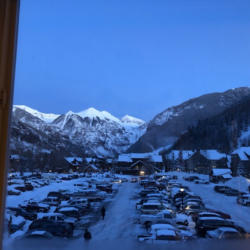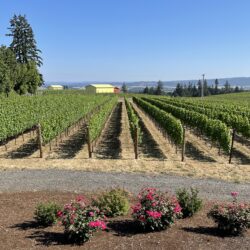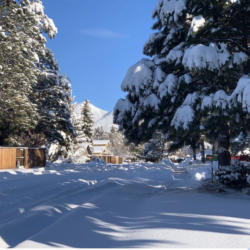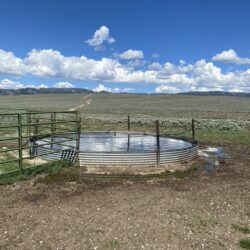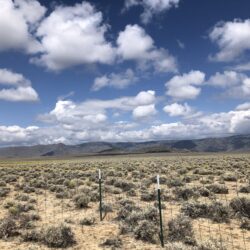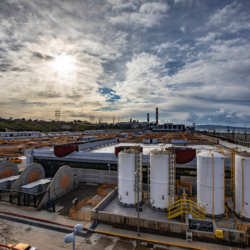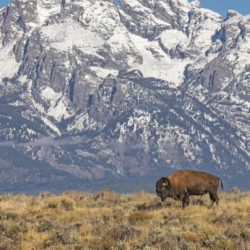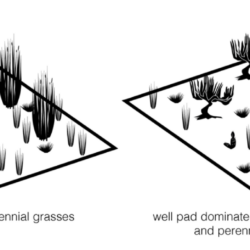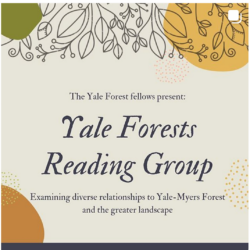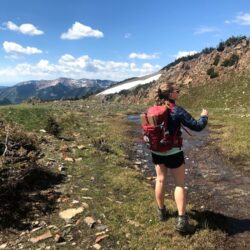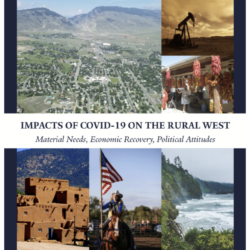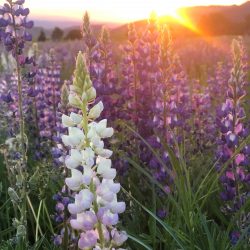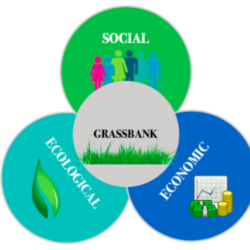Rural Gentrification: The Housing Crisis — Mara MacDonell
There are two things that are common knowledge if you live in a ski town (and you don’t have a trust fund to support you): 1) Getting a job is easy, which is good because you’ll probably need at least two; and 2) there is no housing. Previous to matriculating at Yale, I lived in Read more about Rural Gentrification: The Housing Crisis — Mara MacDonell[…]

